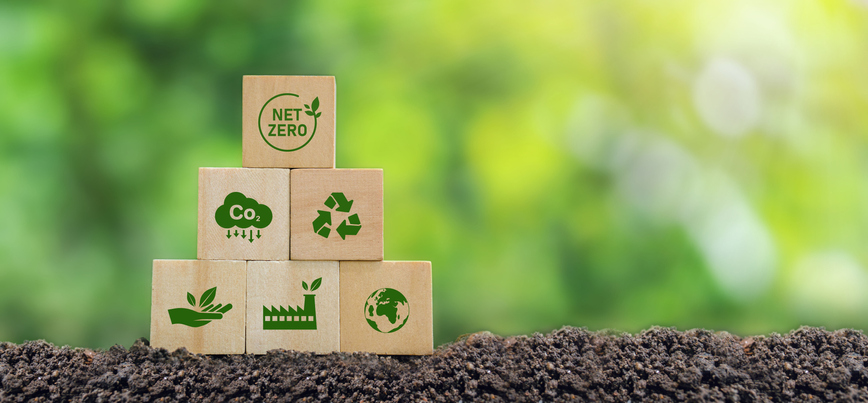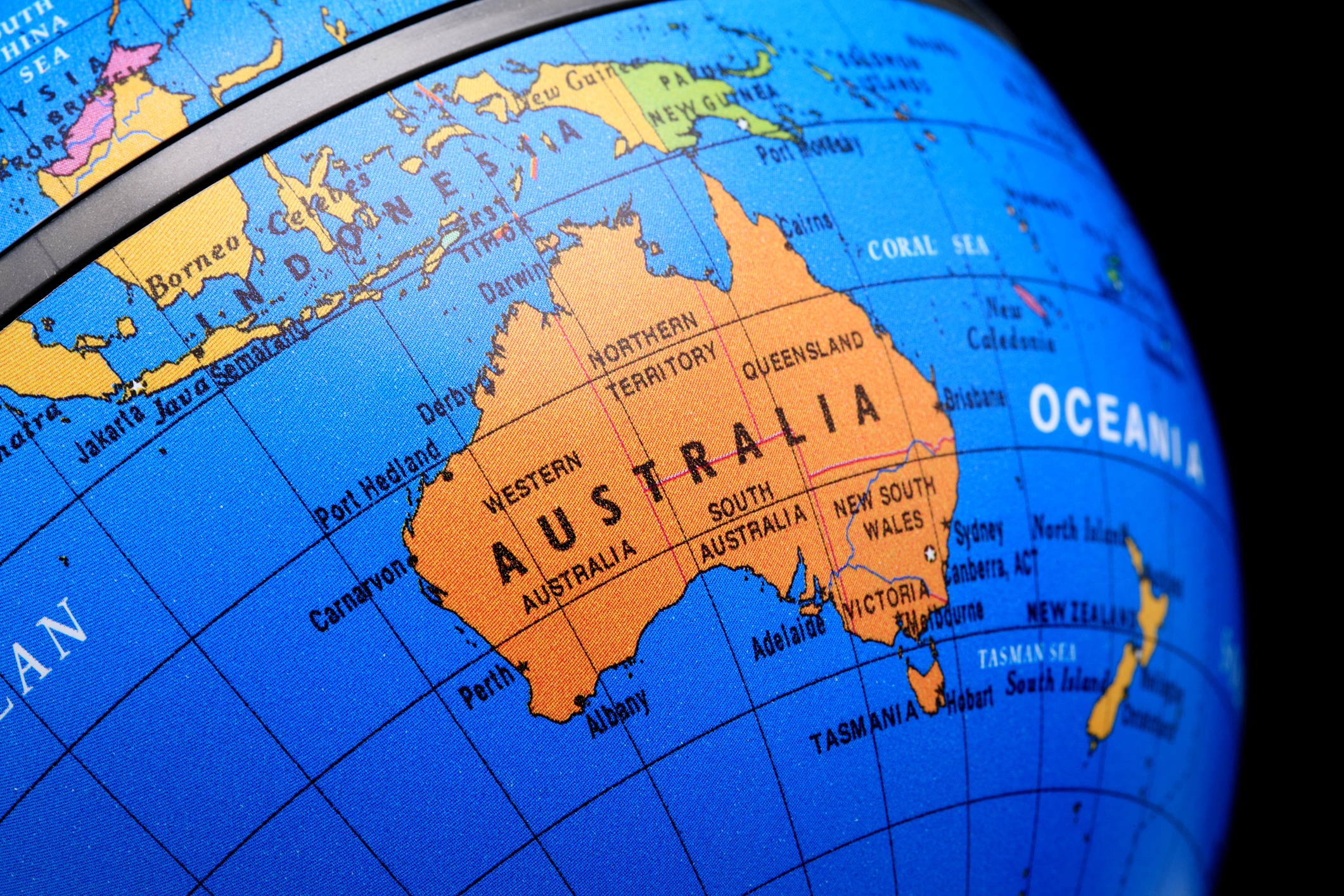Global Charities Say Using Companies’ Carbon Offsets to Lower Emissions Undermines Climate Targets
Greenpeace, Amnesty International and Oxfam are among over 80 charities arguing that using carbon offsets delays climate action
More than 80 global charities and climate industry bodies are voicing their opposition to the use of carbon offsets by companies and countries to lower their carbon emissions, saying that implementing those projects only delays climate action.
Charities including Oxfam, Greenpeace and Amnesty International as well as industry bodies and pressure groups like the European Federation for Transport and Environment and NewClimate Institute signed a letter on Tuesday urging companies to stick to scientifically backed methods to lower carbon emissions and in particular for the Science Based Targets Initiative and the Greenhouse Gas Protocol to continue to exclude carbon offsets from their methodologies on how companies can lower emissions.
“Climate targets must focus primarily on reduction of greenhouse gas emissions within companies’ and countries’ own boundaries, including the phasing out of fossil fuel production, transport, sale and use,” the letter said.
“An urgent scale-up of financial support from both public and private actors is needed for this. But allowing companies and countries to meet climate commitments with carbon credits is likely to slow down global emission reductions while failing to provide anything like the scale of funds needed in the Global South, and reducing pressure to develop large-scale mechanisms such as ‘polluter pays’ fees on emission-intensive sectors,” it added.
Scrutiny of carbon offsets has grown in recent months after the SBTi, a nonprofit organisation that helps companies set targets for lowering emissions, said in April it was considering allowing carbon offsets to be part of the tool kit companies could use to reduce their impacts on the environment. That decision had been in opposition to its longstanding policy of excluding offsets, resulting in backlash from within the organisation itself as well as partner companies like Hennes & Mauritz , better known as H&M.
However, companies in industries from technology to mining argue that offsets are key to reducing private-sector emissions and moving to net zero. Microsoft for example has spent hundreds of millions on carbon offset projects, arguing that without doing so the company wouldn’t be able to move to net zero, especially over its indirect emissions.
“It is about creating a market for high-quality high-integrity durable carbon-removal assets,” said Melanie Nakagawa, Microsoft’s chief sustainability officer in a recent interview . “Think about sequestering carbon into the soils using enhanced rock weathering or rocks that are absorbing carbon that is being turned into concrete. Or Mombak, which is a large forestry project in Brazil. These are the ways that we think about applying it.”
In May, the U.S. government also gave its backing for the voluntary carbon market , saying that “high-integrity” voluntary carbon markets can play a role in reaching net-zero emissions globally.
The letter added that offsetting “at best, doesn’t reduce the concentration of GHGs in the atmosphere, it simply moves emission reductions from one place to another.” The charities also argued that allowing offsets to grow means that high-emitting activities are able to carry on.
To add to this, the charities and industry bodies said that there are only so many high-quality projects that can be used to reduce emissions, meaning that demand is likely to outstrip supply. They also questioned offsets’ effectiveness, saying that their use could just lead to deforestation in other areas or lead to social and environmental harm.
“The science clearly shows that offsets fail to deliver additional emissions reductions and are an unreliable tool for fighting the climate crisis,” the groups added.
A spokesperson for SBTi said that the organisation is still in the research phase of its policy revision. “The Corporate Net-Zero Standard hasn’t been changed, and it cannot and will not change until the Standard Operating Procedure for the revision of the Corporate Net-Zero Standard has been completed,” the spokesperson said.
Microsoft didn’t respond to a request for comment.
 Copyright 2020, Dow Jones & Company, Inc. All Rights Reserved Worldwide. LEARN MORE
Copyright 2020, Dow Jones & Company, Inc. All Rights Reserved Worldwide. LEARN MORE
This stylish family home combines a classic palette and finishes with a flexible floorplan
Just 55 minutes from Sydney, make this your creative getaway located in the majestic Hawkesbury region.
Impact investing is becoming more mainstream as larger, institutional asset owners drive more money into the sector, according to the nonprofit Global Impact Investing Network in New York.
In the GIIN’s State of the Market 2024 report, published late last month, researchers found that assets allocated to impact-investing strategies by repeat survey responders grew by a compound annual growth rate (CAGR) of 14% over the last five years.
These 71 responders to both the 2019 and 2024 surveys saw their total impact assets under management grow to US$249 billion this year from US$129 billion five years ago.
Medium- and large-size investors were largely responsible for the strong impact returns: Medium-size investors posted a median CAGR of 11% a year over the five-year period, and large-size investors posted a median CAGR of 14% a year.
Interestingly, the CAGR of assets held by small investors dropped by a median of 14% a year.
“When we drill down behind the compound annual growth of the assets that are being allocated to impact investing, it’s largely those larger investors that are actually driving it,” says Dean Hand, the GIIN’s chief research officer.
Overall, the GIIN surveyed 305 investors with a combined US$490 billion under management from 39 countries. Nearly three-quarters of the responders were investment managers, while 10% were foundations, and 3% were family offices. Development finance institutions, institutional asset owners, and companies represented most of the rest.
The majority of impact strategies are executed through private-equity, but public debt and equity have been the fastest-growing asset classes over the past five years, the report said. Public debt is growing at a CAGR of 32%, and public equity is growing at a CAGR of 19%. That compares to a CAGR of 17% for private equity and 7% for private debt.
According to the GIIN, the rise in public impact assets is being driven by larger investors, likely institutions.
Private equity has traditionally served as an ideal way to execute impact strategies, as it allows investors to select vehicles specifically designed to create a positive social or environmental impact by, for example, providing loans to smallholder farmers in Africa or by supporting fledging renewable energy technologies.
Future Returns: Preqin expects managers to rely on family offices, private banks, and individual investors for growth in the next six years
But today, institutional investors are looking across their portfolios—encompassing both private and public assets—to achieve their impact goals.
“Institutional asset owners are saying, ‘In the interests of our ultimate beneficiaries, we probably need to start driving these strategies across our assets,’” Hand says. Instead of carving out a dedicated impact strategy, these investors are taking “a holistic portfolio approach.”
An institutional manager may want to address issues such as climate change, healthcare costs, and local economic growth so it can support a better quality of life for its beneficiaries.
To achieve these goals, the manager could invest across a range of private debt, private equity, and real estate.
But the public markets offer opportunities, too. Using public debt, a manager could, for example, invest in green bonds, regional bank bonds, or healthcare social bonds. In public equity, it could invest in green-power storage technologies, minority-focused real-estate trusts, and in pharmaceutical and medical-care company stocks with the aim of influencing them to lower the costs of care, according to an example the GIIN lays out in a separate report on institutional strategies.
Influencing companies to act in the best interests of society and the environment is increasingly being done through such shareholder advocacy, either directly through ownership in individual stocks or through fund vehicles.
“They’re trying to move their portfolio companies to actually solving some of the challenges that exist,” Hand says.
Although the rate of growth in public strategies for impact is brisk, among survey respondents investments in public debt totaled only 12% of assets and just 7% in public equity. Private equity, however, grabs 43% of these investors’ assets.
Within private equity, Hand also discerns more evidence of maturity in the impact sector. That’s because more impact-oriented asset owners invest in mature and growth-stage companies, which are favored by larger asset owners that have more substantial assets to put to work.
The GIIN State of the Market report also found that impact asset owners are largely happy with both the financial performance and impact results of their holdings.
About three-quarters of those surveyed were seeking risk-adjusted, market-rate returns, although foundations were an exception as 68% sought below-market returns, the report said. Overall, 86% reported their investments were performing in line or above their expectations—even when their targets were not met—and 90% said the same for their impact returns.
Private-equity posted the strongest results, returning 17% on average, although that was less than the 19% targeted return. By contrast, public equity returned 11%, above a 10% target.
The fact some asset classes over performed and others underperformed, shows that “normal economic forces are at play in the market,” Hand says.
Although investors are satisfied with their impact performance, they are still dealing with a fragmented approach for measuring it, the report said. “Despite this, over two-thirds of investors are incorporating impact criteria into their investment governance documents, signalling a significant shift toward formalising impact considerations in decision-making processes,” it said.
Also, more investors are getting third-party verification of their results, which strengthens their accountability in the market.
“The satisfaction with performance is nice to see,” Hand says. “But we do need to see more about what’s happening in terms of investors being able to actually track both the impact performance in real terms as well as the financial performance in real terms.”
This stylish family home combines a classic palette and finishes with a flexible floorplan
Just 55 minutes from Sydney, make this your creative getaway located in the majestic Hawkesbury region.






















